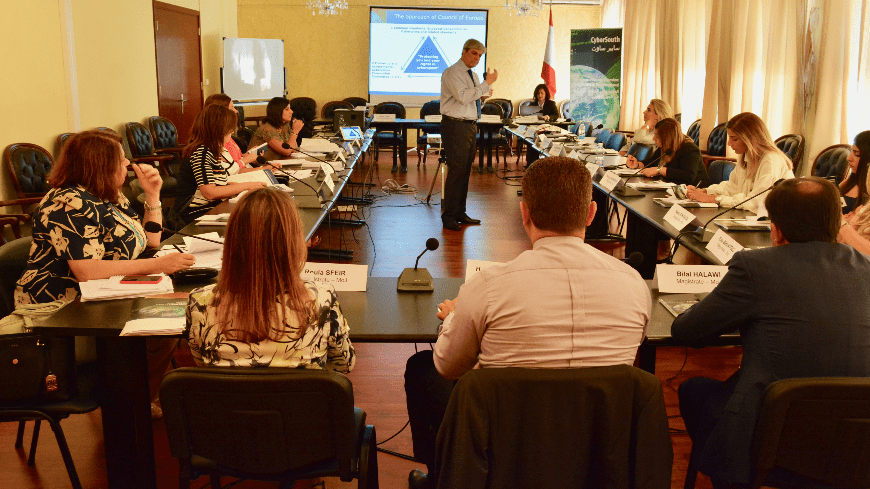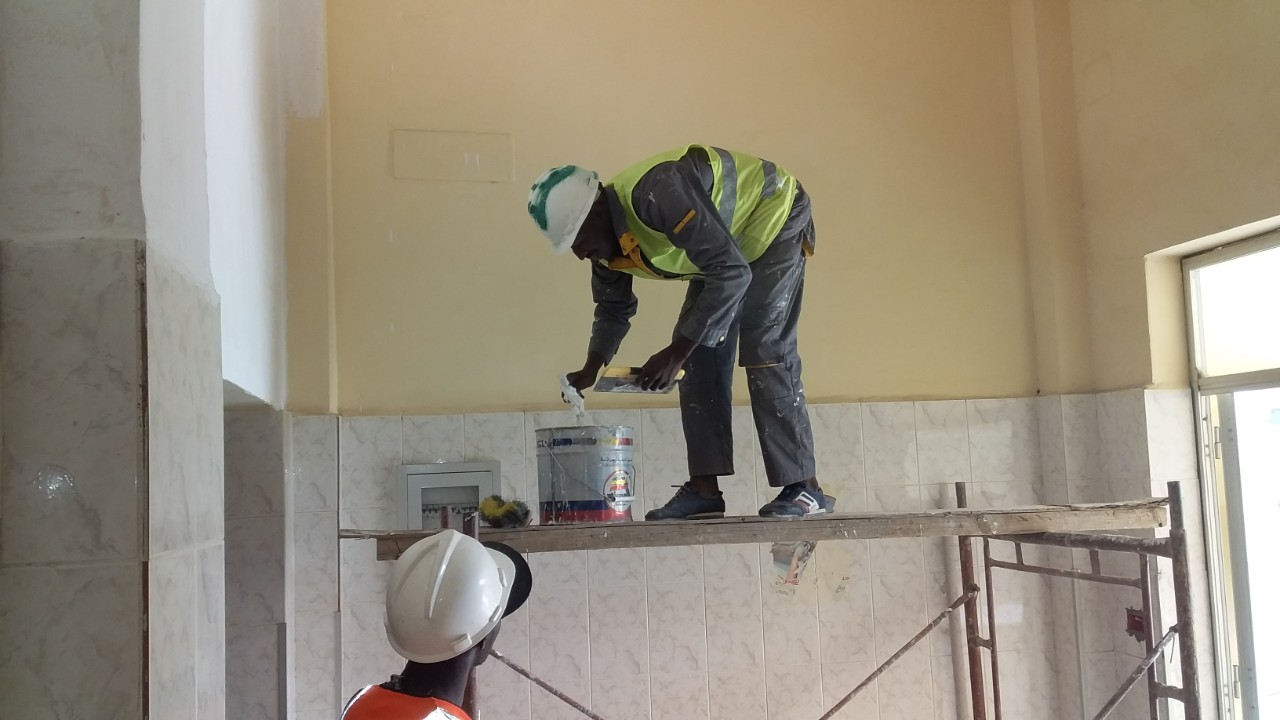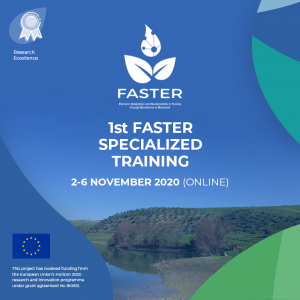Declaration by the High Representative on behalf of the EU on the occasion of the International Day for the World’s Indigenous Peoples
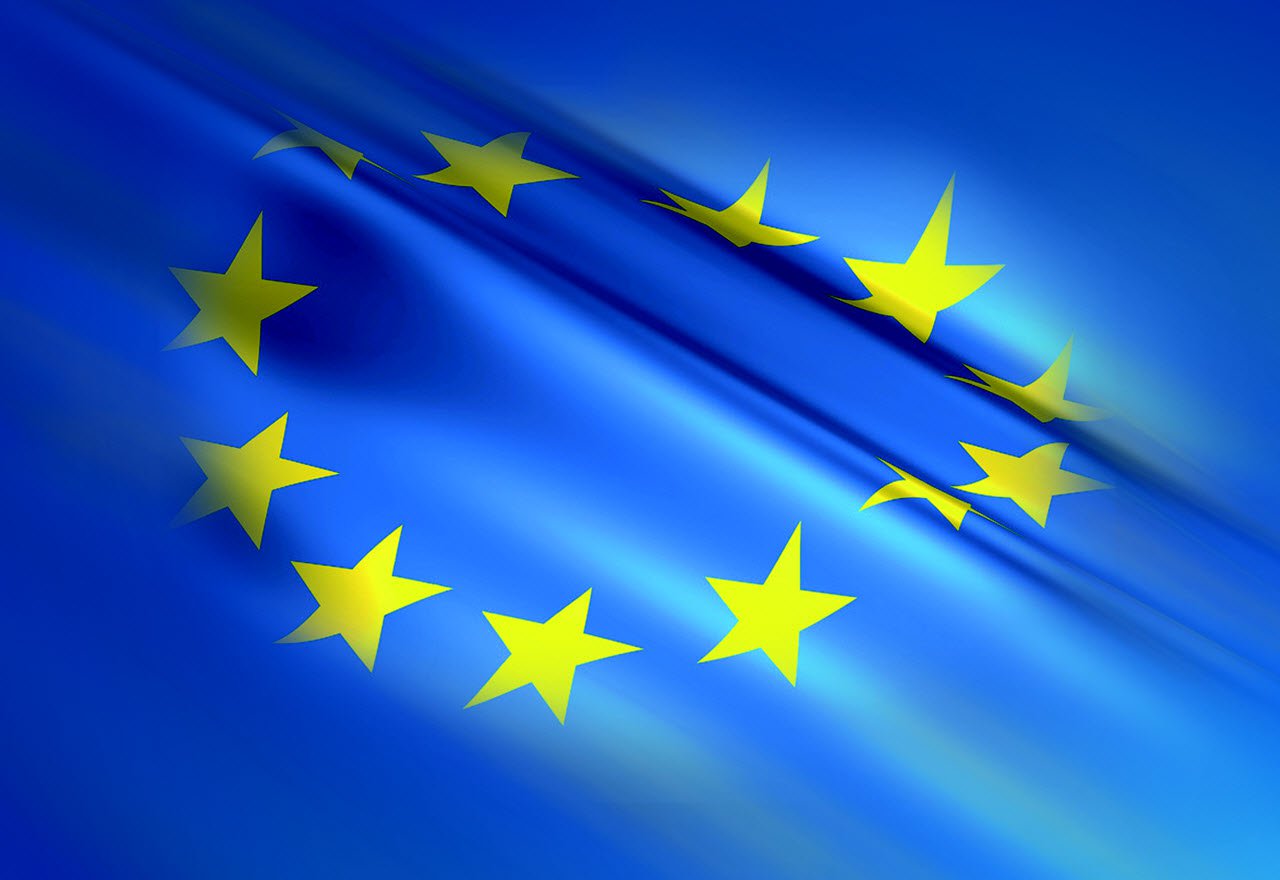
This year, as we mark the International Day of the World’s Indigenous Peoples, we also honour the International Year of Indigenous Languages by celebrating the contributions of indigenous peoples to the world’s linguistic diversity.
Language is the most direct expression of culture and what gives each of us a sense of identity and belonging. Of the 7,000 languages spoken in the world, 5,000 are indigenous, and most of the world’s 2,680 endangered languages are indigenous. This is one of the direct consequences of the continued violation of indigenous peoples’ rights to their traditional lands, territories, resources and to self-determination as set out in the United Nations Declaration on the Rights of Indigenous Peoples. Indigenous people are also disproportionately affected by poverty, climate change and violence, including gender-based violence. In front of this alarming reality, the EU reiterates its strong commitment to promote and fight for indigenous languages and cultures.
The Charter of Fundamental Rights of the European Union states that the EU shall respect cultural, religious and linguistic diversity, and prohibits discrimination based on language. This is why the EU underlines the right of every indigenous child to learn and practice his or her own language and culture. Through its external action the EU supports indigenous peoples’ rights to revitalise, develop and transmit their languages, oral traditions and literatures to future generations.
Read more
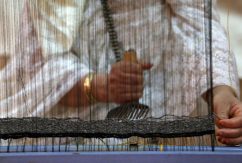
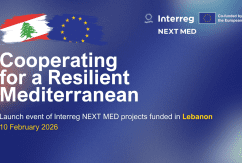
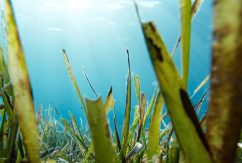
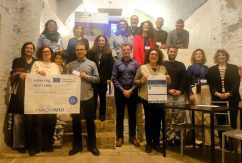

























 Syria
Syria 